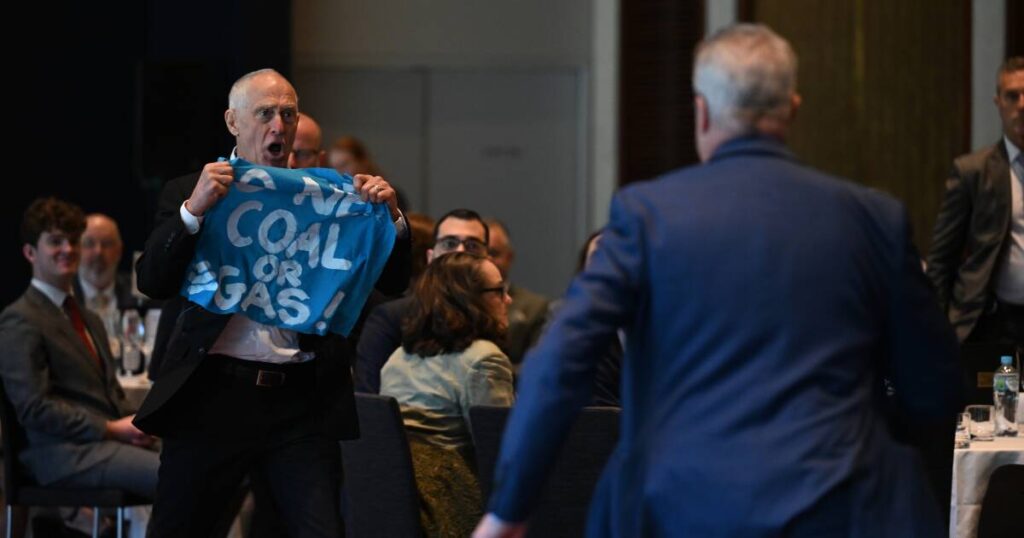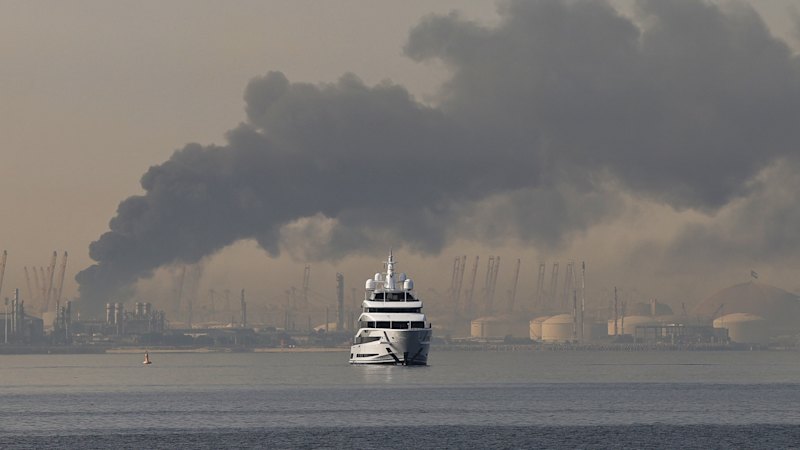
URGENT UPDATE: In a powerful call for immediate action, Antonio Guterres, the Secretary-General of the UN, has urged world leaders to confront the escalating climate crisis head-on. Speaking earlier today, Guterres emphasized that humanity is “hurtling towards disaster” without swift and radical policy changes to combat climate change.
The climate science is clear: we are racing against time. 30 years have passed since the Australian government acknowledged the reality of climate change, yet leaders like Anthony Albanese continue to advocate for new fossil fuel projects. Guterres argues that the time for compromise has elapsed. “It’s time to wake up and step up,” he declared, insisting that oil, coal, and gas must remain in the ground to avert catastrophic consequences.
This urgent call comes as Australia grapples with overwhelming evidence of climate impacts, including threats to biodiversity and food systems. The Great Barrier Reef is at risk, and scientists warn that ocean temperatures could devastate entire ecosystems if action is not taken swiftly.
The ongoing debate reflects a broader struggle within media narratives. Guterres pointed out that today’s media environment is often bogged down by political pragmatism, leading to debates that focus on economic modeling rather than urgent solutions. He criticized the tendency to prioritize the interests of fossil fuel industries over the pressing need for environmental reform.
In 1837, England compensated slave owners with the equivalent of over £17 billion in today’s currency, reflecting a historical precedent of prioritizing the status quo over human rights. Guterres highlighted that in climate discussions, similar patterns emerge, where the economic implications of abandoning fossil fuels overshadow the need for immediate action.
As Australia prepares for more intense climate discussions, Guterres’ comments resonate deeply. He is labeled an “extremist” by some in the Australian political landscape, yet his stance aligns with the scientific consensus that emphasizes urgency over incrementalism.
Political centrism often results in paralysis, with leaders hesitant to advocate for bold reforms. This approach has been detrimental, as evidenced by the growing disconnection between the electorate and political parties. If crucial issues, such as climate change, remain unaddressed, it only exacerbates voter disillusionment.
Guterres’ message is clear: the time for half-measures is over. He implores nations, especially those like Australia with a history in fossil fuel production, to take decisive action. “The scientific evidence is irrefutable; we must act now,” he stated, signaling that the consequences of inaction will be dire.
As the world watches, the question remains: will political leaders respond to this urgent call for change, or will they continue to delay meaningful action? The stakes are high, and the time for decisive action is NOW.
Stay tuned for updates as this critical situation unfolds. The global community must rally to address climate change before it’s too late.






